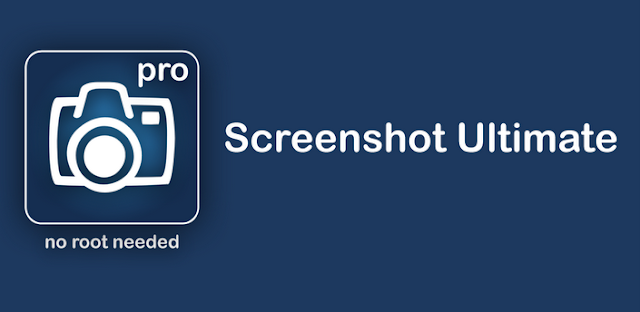 iPhone, press the Home & Sleep buttons and the screenshot image will be saved instantly. On an Android device, press the Volume Down & Power button simultaneously to capture whatever is currently on your screen. And in the case of Windows Phone 8, press and hold the Start and Power buttons at the same time to take a screenshot.
iPhone, press the Home & Sleep buttons and the screenshot image will be saved instantly. On an Android device, press the Volume Down & Power button simultaneously to capture whatever is currently on your screen. And in the case of Windows Phone 8, press and hold the Start and Power buttons at the same time to take a screenshot.
That’s a raw screenshot saved in your camera roll but you also need to add the hardware frame around your screenshots so that the captured images appear more realistic and provides better context to the viewer.
Why is that important? A 768 pixels wide screenshot of a mobile app in portrait mode could have been captured on an Android device or an old iPad – now wrap that same image inside the Google Nexus frame and everyone is saved from playing a guessing game.

A layered photo editing tool like Adobe Photoshop makes it really easy for you to add hardware device frames to any screenshot image. Go to Dribbble and search for “freebies PSD <mobile name>” and you’ll find beautiful mockups for that mobile device.
Download and import the PSD file into Photoshop and then use the File -> Place command to place the screenshot image as a new layer over the mockup. Use the Save for Web option to export the screen capture in JPEG format.
[*] Dribbble users usually add the tag “freebies” or “free” to indicate that others can reuse their design(s) for personal and commercial use. Other than Dribbble, Deviant Art and Behance are also good places to discover high-quality mobile mockups.

If you aren’t well-versed in Photoshop, you can make use of a web app like PlaceIt that will automatically add device frames to your mobile screenshots.
The tool offers a collection of professional-quality photographs of mobile phones and tablets placed in realistic settings. You need to drag your screenshot image onto a photograph and it will automatically get placed in the screen area of the mobile device perfectly aligned with the hardware frame.
PlaceIt can handle screenshots of your iPhone, iPad, Nokia Lumia, Macbook, Microsoft Surface, iMac, Amazon Kindle, Samsung Galaxy and Google Nexus phones.

The Device Art Generator, available here and here, is provided by Google for anyone to quickly add device frames around screenshots of Android phones and tablets.
Drag the mobile screenshot image on to a device frame and it will quickly wrap that frame around your image. You also have the option to add screen glare and depth (for perspective) to the generated screenshots.
Device Art Generator includes templates for HTC One X, Samsung Galaxy S3, Galaxy Note, Galaxy Tab, Nexus 4, Nexus 7 and Google Nexus 10 devices.
MockuPhone is another useful web app for adding device frames to your mobile screenshots with a unique feature. You pick a device frame, upload the mobile screenshot image and the tool will generate multiple screenshot images of the same device but at different angles.
The tool produces very high-resolution screenshots and they offer device frames for the iPhone 5, iPad & iPad Mini, Google Nexus and Samsung Galaxy S4.

You can also add realistic device frames to your mobile screenshots via email. Just send the raw screenshot image as an email attachment to smartphones@mailchimp.com and, within in a minute or two, they will send you the processed screenshot with the device frame. You can also send multiple screenshots in the same message.
The service will automatically detects the mobile device name and the image orientation (portrait or landscape) using the EXIF data in the image and adds the appropriate hardware frame. It supports iPhone, iPad, Galaxy Tab, Nexus and a bunch of mobile device – send an email with the subject “help” to the same address for a complete list.SOURCE
No comments:
Post a Comment